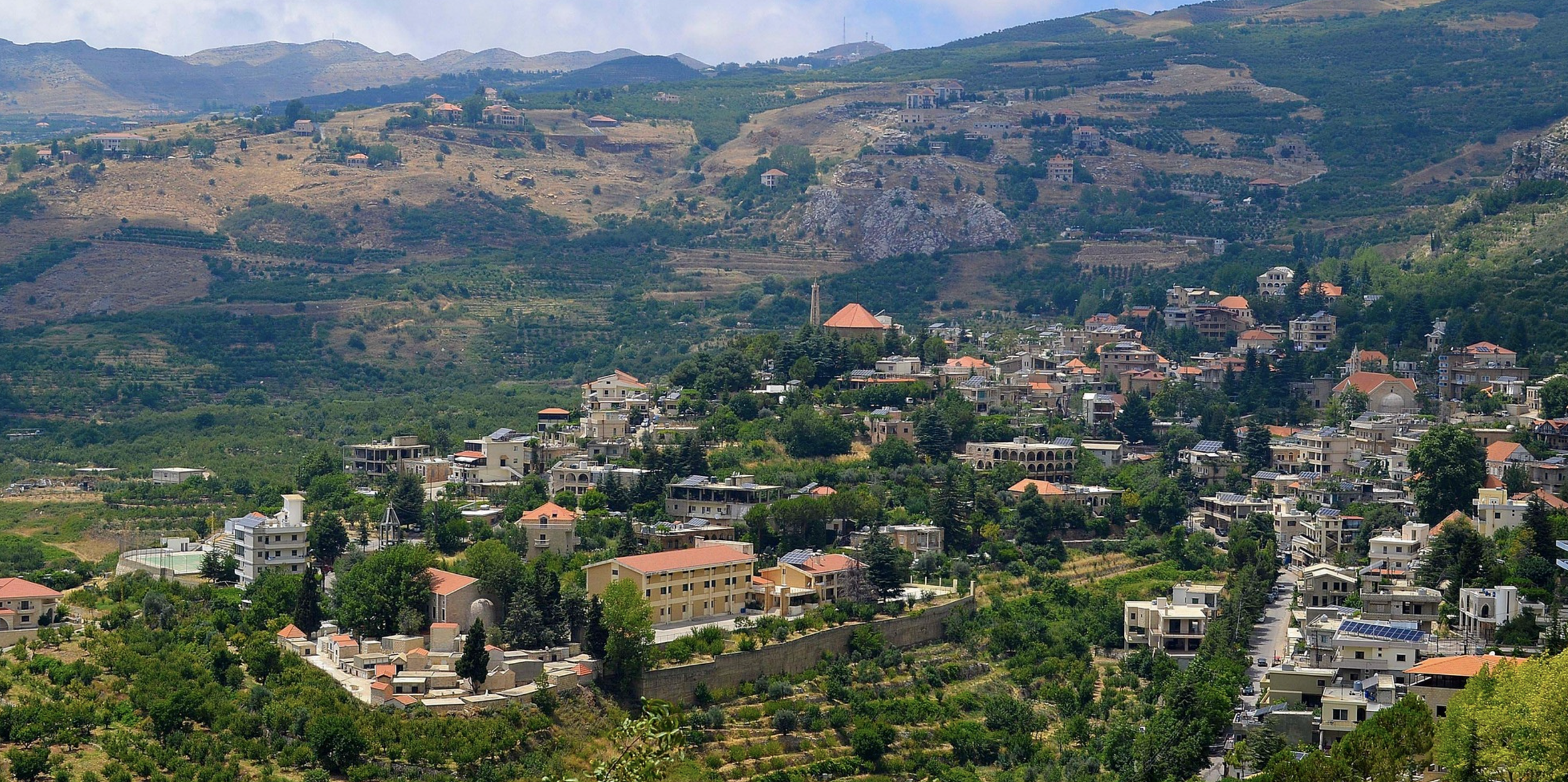
What is a Mukhtar?
Lebanon’s Neighborhood Registrar‑Clerks Explained through a U.S. Lens
In Lebanon, the mukhtar—literally “the chosen one”—is an elected guardian of local civil status whose authority still originates as much from communal trust as from statute. In Aaqoura, as in thousands of other villages, the office unites duties that an American reader would find scattered among a county clerk, a vital‑records registrar, and a notary public, yet the mukhtar remains distinct from all three and entirely separate from the town’s municipal executive, the president of the municipality.
From Village Chief to Specialist Registrar-Clerk
Before Lebanon re‑introduced elected municipalities through the 1963 Municipal Law (implemented fully by 1977), a mukhtar embodied the whole of village government—mayor, clerk, tax assistant, land mediator, and informal magistrate. Article 22 of the foundational 1947 Law on Mukhtars and Mukhtar Councils even describes him as “the person who works for the public interest of the village and facilitates the affairs of its inhabitants.” Once municipal councils and their presidents took charge of roads, utilities, budgets, and police, the mukhtar’s mandate contracted to those functions that Lebanon’s centralized bureaucracy still cannot perform without local human knowledge.
Registering Vital Events outside Hospitals
When a birth or death occurs in a Lebanese hospital, the administration files the event directly with the district Civil Status Department, much as an American hospital forwards data to the state’s vital‑records office. A home birth or a death in a private residence follows a different route. In the United States, the family assembles affidavits, medical statements, and supporting papers before the county clerk or state registrar will issue a certificate. In Lebanon, those evidentiary tasks converge on the mukhtar, who visits the household, corroborates the event through personal recognition of the family, obtains witness statements, checks identity documents, and finally drafts a hand‑stamped certificate. That original, once lodged with the Civil Status Department, triggers the formal entry; every future certified copy must come from the district registry, never again from the mukhtar.
Attesting Identity and Residence
Lebanese citizens cannot request the ubiquitous personal‑status extract (ikhrāj qayd), renew a national ID card, or apply for a passport unless a mukhtar first confirms that the applicant is indeed the person named in the family registry or a legally empowered representative. In more sensitive filings—land partitions, inheritance inventories—the law often requires signatures from two independent mukhtars to neutralize conflicts of interest. The comparison with an American notary reveals both overlap and divergence. U.S. notaries may rely on personal knowledge in some states, but only as an ancillary means of identification; the mukhtar’s very raison d’être is precisely this communal familiarity, augmented—but not replaced—by the inspection of ID cards.
A Notary, but Only up to a Point
Statute allows the mukhtar to witness signatures and attach stamped attestations to routine private deeds—loan receipts, informal sales, preliminary inheritance sheets—yet forbids him to notarise any instrument that creates or transfers a real property right. Those documents must be notarized before a licensed public notary. Custom nevertheless grants the mukhtar of Aaqoura a pivotal part in land transfers known locally as ḥejjeh. Because the town still awaits a comprehensive cadastral survey, a deed endorsed by the mukhtar enjoys presumptive validity until formal registration; Lebanese courts treat such papers as prima facie evidence when no modern title exists.
Custodian of Boundaries and Ottoman Ledgers
Aaqoura’s mukhtars also act as keepers of the Tabū—the nineteenth‑century Ottoman land register that predates the national cadastre. Drawing on that ledger and on memories of ancestral terrace walls, irrigation channels, and footpaths, they draft boundary memoranda that judges continue to accept unless superseded by later surveys.
Why the Office Remains Elective
The United States compensates for the absence of a nationwide biometric registry with a web of institutional checks: driving‑license databases, utility bills, credit files, and property tax rolls. Lebanon, by contrast, maintains a powerful central civil registry but no mechanism to verify where people actually live or how long they have belonged to a place. The mukhtar fills that gap. Because he is elected by the very neighborhood he will certify, his social embeddedness legitimizes the state’s documentary chain; he is the human interface where paper meets lived reality.
The Aaqoura Arrangement
Aaqoura is a single municipality, yet socially it consists of two historical quarters—one centered on the El Hachem family, the other on the town’s remaining resident lineages. Each quarter elects two mukhtars every six years on the same ballot that chooses the fifteen municipal council members (who vote for a council president – the Mayor). The four mukhtars operate individually, co‑operating only when the law demands dual certification.
A Distinct Figure beside the Mayor and the Notary
To an American reader, the mukhtar resembles a county clerk in the instant of recording a new life or death; a notary public when he stamps a signature he personally knows; and a village elder whose memory authenticates land and lineage. Yet he is not a mayor—Aaqoura’s municipal president manages the budget, the roads, the rubbish, and the police—nor is he a full notary, for real‑property deeds still pass before the public notary. The mukhtar is, rather, Lebanon’s elected guarantor that the facts of village life—births, deaths, households, boundaries—are translated, without distortion, into the language of the state. In a mountain town woven from extended families and hillside orchards, no database can yet replace the authority of that familiar signature and its indigo seal.
